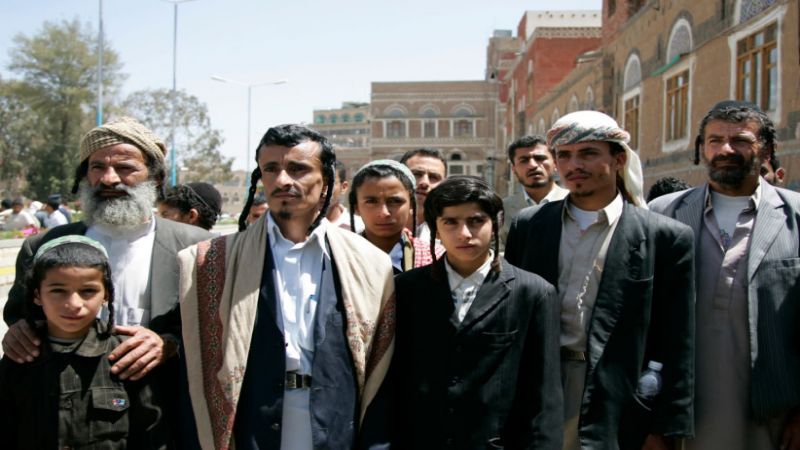
Local Editor
The few remaining Jews left in Yemen plan to emigrate to Abu Dhabi in light of the normalization deal signed between the United Arab Emirates and Israel, according to a report by Al-Araby Al-Jadeed.
A Yemeni rabbi who asked to remain anonymous told Al-Araby that the plan is to transfer 100 Jews to Abu Dhabi.
The Al-Araby report remains unconfirmed by any official source.
According to the Al-Araby report from over the weekend, about 40 Yemeni Jews have agreed to move to the UAE, and others are being persuaded to move by being told that they will not have any trouble integrating into Emirati society. The move is reportedly being made due to a request by the US government.
The UAE has reportedly asked Iran to help facilitate the transfer of the Yemeni Jews to the UAE.
Iran expressed opposition to the normalization deal reached between the UAE and Israel, with the Iranian daily Kayhan, saying, “The UAE’s great betrayal of the Palestinian people …, will turn this small, rich country which is heavily dependent on security into a ‘legitimate and easy target’ for the resistance.”
The transfer of the Yemeni Jews is reportedly being conducted under the supervision of the US, UN Special Envoy for Yemen Martin Griffiths, and Emirati-Iranian coordination.
Griffiths reportedly visited Abu Dhabi on Saturday and may have worked to complete arrangements for the transfer of the Yemeni Jews. While most of Yemen’s Jews were airlifted out of the country shortly after the establishment of the Zionoust entity, a couple of hundred Jews stayed behind and have trickled out of the country since then.
About 50 Jews are estimated to be left in Yemen, but information about them is sparse. The Jews who have stayed in Yemen have resisted efforts by Tel Aviv to get them out of the country. According to Al-Araby, some of them fear that they won’t be able to integrate into Israeli or US society.
The UAE has begun a publicity campaign to express an atmosphere of coexistence and tolerance in the country, including the establishment of the Abrahamic Family House in Abu Dhabi which features a mosque, a church, and a synagogue.
Critics have denounced the attempts to portray the UAE as promoting coexistence and tolerance, pointing to the country’s involvement in Yemen’s civil war, its opposition to the uprisings of the Arab Spring movement, and its backing of counter-revolutionary movements and leaders, such as Abdul Fattah al-Sisi in Egypt and Khalifa Haftar in Libya, according to Al-Araby.
Source: News Agencies